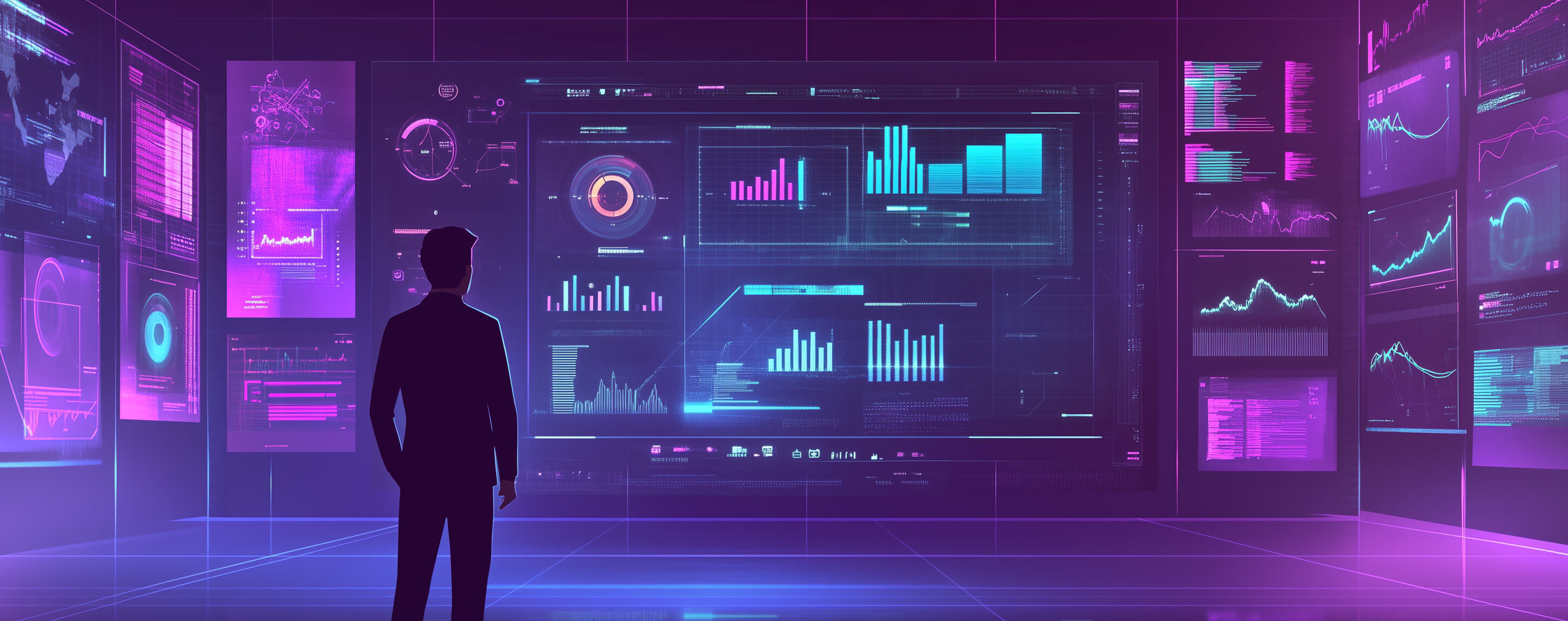
Automation vs. AI Workflows vs. AI Agents: Which Technology Is Right for Your Business?
- Introduction to Automation, AI Workflows, and AI Agents
- Key Differences between Automation, AI Workflows, and AI Agents
- Important Factors in Selecting the Right Solution
- Conclusion
In the rapidly evolving digital era, businesses and organizations are increasingly leveraging a range of innovative tools to stay ahead of the competition [1][2]. Technologies such as automation, AI workflows, and AI agents are among the most prominent [1]. Although these terms often get tossed around interchangeably, they represent different concepts with distinct applications [1]. Many examples of so-called “agents” are often just automation or AI workflows rebranded under the latest buzzword [2]. Thus, understanding these differences helps businesses choose the right technology for their needs and is essential for effectively implementing these technologies in a way that maximizes their potential, whether it is automating simple tasks, streamlining complex workflows, or deploying intelligent agents that can independently drive operations forward. Failing to grasp these differences may lead to underwhelming outcomes, inflated expectations, and missed opportunities [2].
When distinguishing between automation, AI workflows, and AI agents, it is important to understand their unique characteristics and functionalities. Automation refers to the execution of repetitive, rule-based tasks without human intervention. Think of it as a set of predefined instructions that perform specific actions efficiently and consistently [1]. Automation, built on Boolean logic, follows strict if-then rules to generate deterministic results [1]. It delivers reliable, consistent outcomes and is fast to execute, but its weakness lies in being limited to tasks they are explicitly programmed for, unable to adapt to new, unforeseen situations, or complex decision-making [5]. On the other hand, an AI workflow integrates sophisticated AI technologies, such as Large Language Models (LLMs) or other machine learning tools, into business processes [1][3]. Unlike basic automation, AI workflows combine Boolean logic with fuzzy logic, which is great for pattern recognition and handling complex rule-based tasks [1][5]. However, AI workflows typically require a large volume of data to train models effectively, and debugging or interpreting outcomes can be complex and challenging [5]. Although more flexible than automation, AI workflows are still task-specific and limited in their autonomy to make strategic decisions [2].
AI agents take this a step further by acting as autonomous entities capable of performing tasks, making decisions, and adjusting their actions based on context and outcomes, going beyond systems that rely on rigid, predefined rules and workflows [2]. Unlike traditional AI workflows that rely on predefined rules and large datasets for training, AI agents are designed to perform non-deterministic tasks autonomously [1][4]. They integrate fuzzy logic with autonomy, allowing them to adjust to changing environments, understand and respond to various inputs, and mimic human-like reasoning processes [1]. AI agents are highly adaptive to new variables and scenarios, but they tend to have slower execution compared to automation and may produce unpredictable or undesired outcomes, necessitating oversight [1][5]. While automation handles repetitive tasks and AI workflows manage more complex sequences, AI agents provide a higher level of autonomy and represent the next level of complexity, enabling them to manage tasks without constant oversight [1][5].
When deciding between automation, AI workflows, and AI agents, consider factors such as task complexity, data requirements, and the balance between reliability and adaptability [1]. For simple and repetitive tasks, automation is the best fit. If the task involves flexible rules and pattern recognition, AI workflows are an ideal choice [1]. For adaptive, decision-heavy scenarios, AI agents are indispensable. Additionally, automation requires minimal data for execution, while both AI workflows and agents need significant data for training and continuous improvement [1]. Automation also offers speed and reliability, while AI workflows and AI agents prioritize flexibility and adaptability over reliability. By embracing these technologies, businesses are not only improving their operational efficiency but also paving the way for innovation and growth in the digital age.
Automation, AI workflows, and AI agents each play distinct roles in modern business environments, offering unique advantages based on the specific needs of the task at hand. Automation is the cornerstone for streamlining repetitive, rule-based tasks tasks that require speed and reliability, AI workflows bridge the gap by incorporating more advanced decision-making capabilities, handling complex and dynamic tasks that require pattern recognition and a degree of adaptability, and AI agents provide the adaptability needed for autonomous decision-making in environments where complex, evolving challenges are present [1]. Understanding the differences and limitations between these technologies is crucial for successfully integrating these technologies into business operations. Thus, businesses or organizations can effectively harness them to boost productivity, enhance decision-making, and open up new opportunities in an AI-driven world [1]. However, with these innovations come significant challenges. For instance, the ethical considerations surrounding AI autonomy and decision-making processes are becoming more prominent. Ensuring that these systems operate within ethical boundaries while minimizing biases will be crucial for their broader adoption. Additionally, the complexity of integrating AI technologies into existing systems can be daunting, requiring organizations to upskill their workforce, invest in the right infrastructure, and manage the change effectively.
Notes and References
- Kumar, S. (2025, January 2). Automation, AI Workflow, and AI Agents: Understanding the Differences and Their Role in Modern Workflows. - Medium. https://skphd.medium.com/automation-ai-workflow-and-ai-agents-understanding-the-differences-and-their-role-in-modern-7a7227d94bf0
- Gottlob, F. (2025, January 1). Many AI Agents are actually AI Workflows or Automations in disguise! - Medium. https://medium.com/@falkgottlob/many-ai-agents-are-actually-ai-workflows-or-automations-in-disguise-7e377017df98
- O’Brien, K., & Downie, A. (2024, November 11). AI Workflow - IBM. https://www.ibm.com/think/topics/ai-workflow
- Gutowska, A. (2024, July 3). What Are AI Agents? - IBM. https://www.ibm.com/think/topics/ai-agents
- Kantjas, A. Many AI agents shared on LinkedIn are AI workflows or Automations in Disguise - LinkedIn Post. https://www.linkedin.com/posts/akantjas_many-%F0%9D%98%88%F0%9D%98%90-%F0%9D%98%A2%F0%9D%98%A8%F0%9D%98%A6%F0%9D%98%AF%F0%9D%98%B5%F0%9D%98%B4-shared-on-linkedin-activity-7279075047271522304-2MU6/
